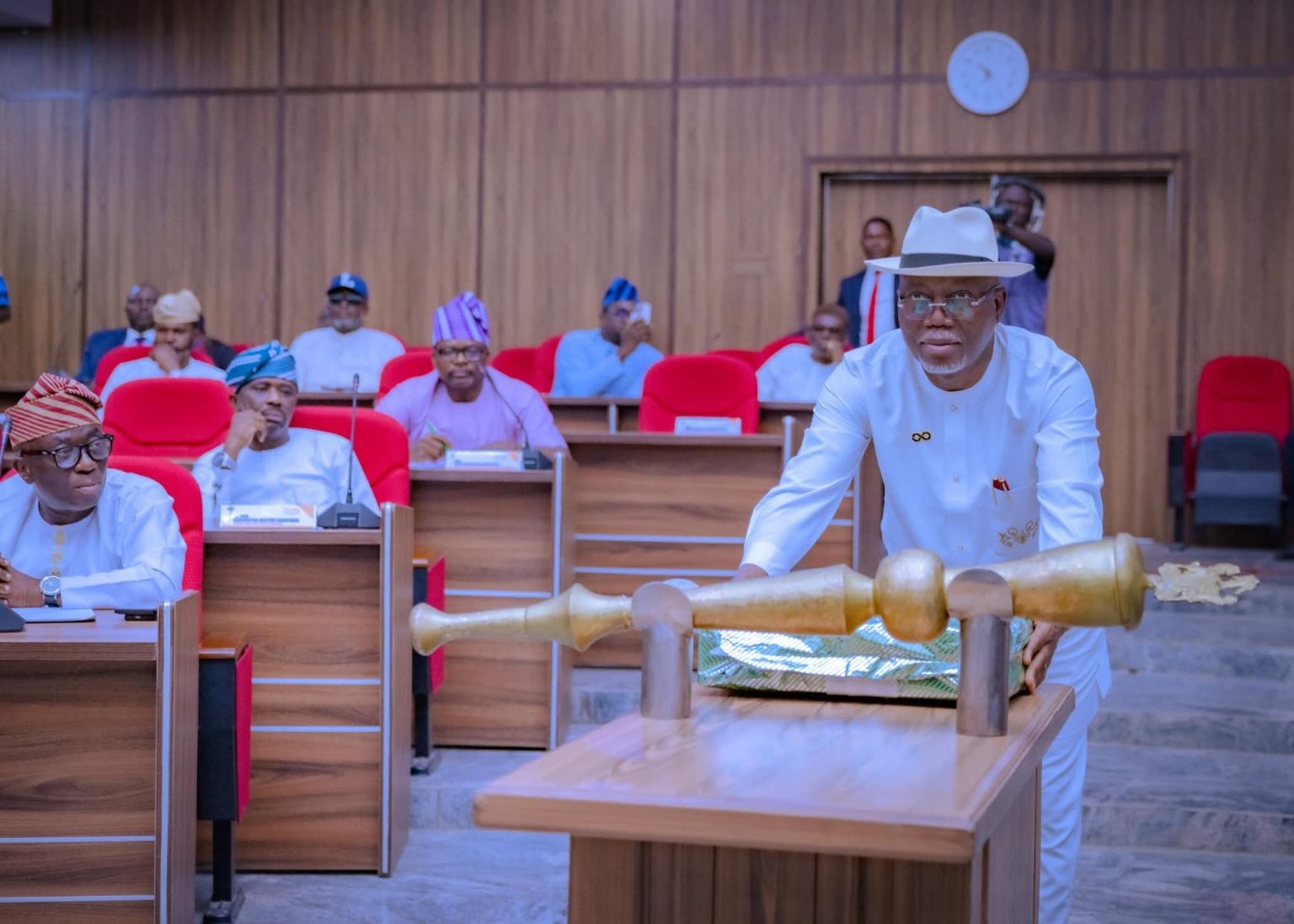Governor Lucky Aiyedatiwa of Ondo State has presented a ₦492.79 billion appropriation bill to the state house of Assembly.
He presented the budget tagged the “Budget of Economic Consolidation” on Monday.
The proposal focuses heavily on development, allocating a dominant 57.22% (₦281.99 billion) to capital projects to ensure the completion of ongoing infrastructure works.
READ ALSO: Governor Aiyedatiwa gifts SUVs to Ondo traditional rulers, pledges continued support
The governor stated that the 2026 budget is designed to deepen reforms, stabilize economic gains from the previous year, and drive sustained socio-economic growth, with education, roads, and health topping the priority list.
Aiyedatiwa revealed that his administration was compelled to revise the 2025 budget downward from ₦698.659 billion to ₦489.998 billion.
This significant downward review was necessary due to the failure of expected donor inflows and other anticipated revenue sources to materialize.
He noted that current data indicated only about half of the expected external funds would arrive, posing risks to the water sector and earlier projected economic benefits.
The revision was undertaken to eliminate unrealistic projections and ensure a more equitable reallocation of state resources.
Despite the fiscal shortfalls, the governor highlighted the “remarkable progress” achieved in the past year through prudent management, citing major gains across key sectors.
In education, the state recruited 2,100 teachers, paid ₦633.9 million in WAEC fees for 23,048 students, and provided bursaries and scholarships totalling ₦350 million to tertiary students.
In infrastructure, the government undertook extensive upgrades, renovating 134 primary schools and 60 secondary schools, while also recording substantial progress on major road projects such as the Oke-Aro–Idanre Road and the near-complete Onyearugbulem–Shagari–Irese Flyover.
In the health sector, the administration expanded the Orange Health Insurance Scheme and upgraded 102 primary healthcare centres under the World Bank-supported IMPACT Project.
The 2026 budget proposal is structured with a recurrent-to-capital ratio of 42.78% to 57.22%, signaling a clear intent to prioritize infrastructure and avoid abandoned projects.
However, the governor voiced concerns over the new VAT distribution formula (50% equal share, 20% population, 30% consumption).
He warned that this structure could negatively affect the state, given its civil-service and agrarian economic base, placing additional pressure on revenue alongside tax exemptions for small businesses.
READ ALSO: Aiyedatiwa clears N2.4bn gratuity backlog for 2016, 2017 retirees
The eight policy thrusts for the 2026 fiscal year include food security, human capital development, infrastructure expansion, IGR reform, and prudent fiscal management.
Speaker of the House, Olamide Oladiji, commended the governor for the timely presentation and assured the administration of the Assembly’s readiness to collaborate for the state’s progress.



